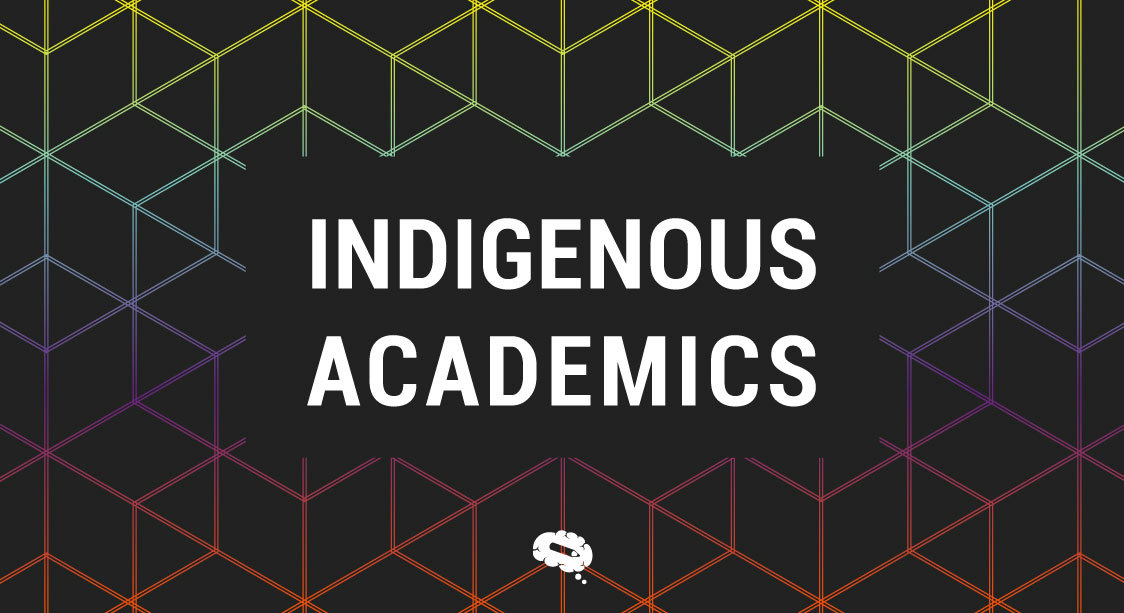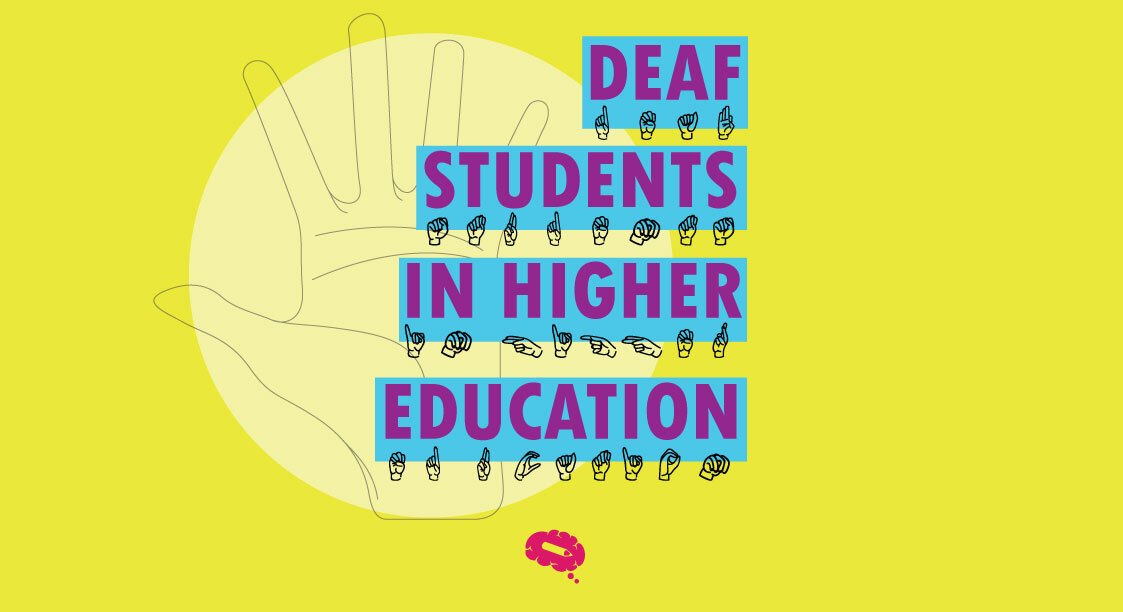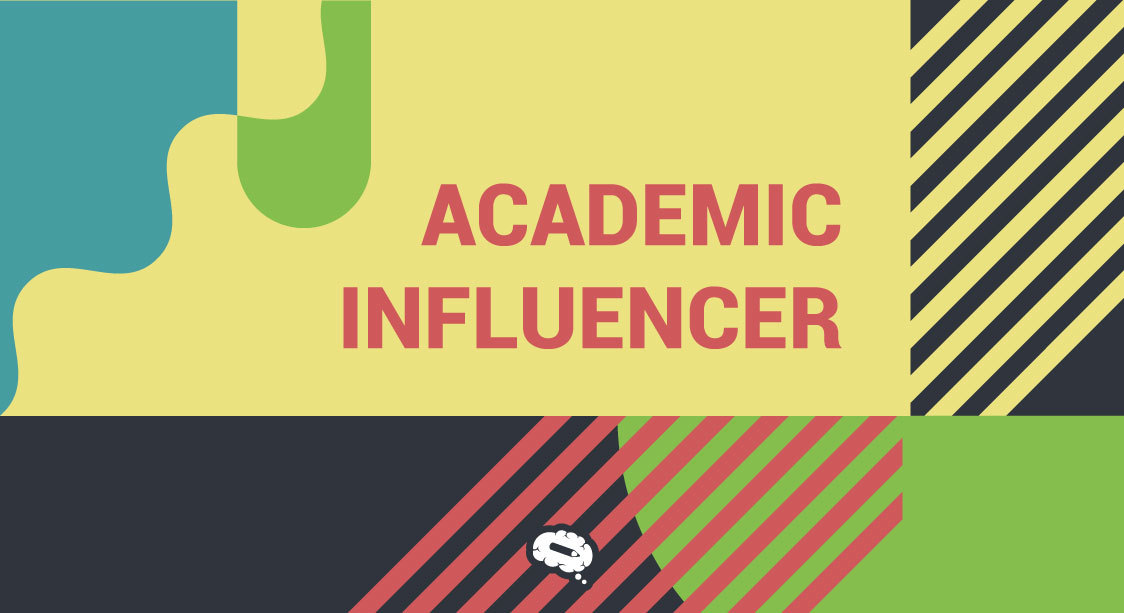Indigenous academics play a vital role in shaping the landscape of education by bringing diverse perspectives, knowledge systems, and insights to the forefront. Their contributions are invaluable, shedding light on indigenous cultures, histories, and ways of knowing and living. However, unique challenges and obstacles strewn the path of an indigenous academic. In this article, we address indigenous academics in the Australian contemporary scenario and its implications for universities worldwide.
Who are Indigenous Academics?
Starting from the very beginning, indigenous academics refer to scholars or researchers who identify as indigenous and engage in educational pursuits and research within academic institutions. These individuals aim to bring their cultural heritage, knowledge, and lived experiences into their work, enriching the academic field with unique perspectives.
Why is Indigenous Academics’ research so important?
We can start assuming that the research conducted by indigenous academics is of utmost importance as it addresses the historical marginalization and underrepresentation of indigenous voices within academia. We can also recognize that these individuals bring a wealth of knowledge, challenging dominant narratives and enriching our understanding of the world. Moreover, we must celebrate their work and its contribution to decolonize knowledge and rectify past injustices.
The Experiences of Indigenous Academics in Contemporary Contexts
The journey of indigenous academics in contemporary contexts is full of triumphs and challenges. With their unique perspectives, these scholars’ goal is to reshape the academic landscape, gaining recognition of the value of indigenous wisdom, and promoting knowledge that is culturally responsive and socially just.
Cultural Identity and Representation
Indigenous academics often grapple with the challenge of cultural identity and representation. While their heritage is a source of pride and knowledge, indigenous academics cannot represent their entire community. Striking a balance between embracing their cultural identity and pursuing their academic aspirations can be a complex and ongoing process.
Decolonization and Indigenous Knowledge
Many indigenous academics are at the forefront of efforts to decolonize knowledge within academic institutions. They challenge dominant narratives, advocate for the recognition of indigenous knowledge systems, and promote the inclusion of traditional knowledge in research and curriculum. This work is vital in reshaping the academic scenario and promoting diverse perspectives.
Navigating Eurocentric Academia
Historically, the so-called academic world leads to Eurocentric perspectives, which can pose challenges for indigenous academics seeking to incorporate indigenous epistemologies and methodologies in their research. Navigating the expectations of Western academia while staying true to their indigenous roots requires resilience and a commitment to creating space for diverse forms of knowledge.
Cultural Safety and Inclusivity
Indigenous academics often face instances of cultural insensitivity and microaggressions within academic settings. Creating culturally safe spaces that respect and honor indigenous cultures and traditions is crucial for their well-being and academic success. Institutions must take proactive steps to foster inclusivity and address issues of discrimination.
Community Engagement and Responsibility
Indigenous academics often feel a strong sense of responsibility towards their communities. They strive to ensure that their research and expertise contribute positively to indigenous peoples’ well-being and empowerment. This engagement can lead to enriched research outcomes but may also demand a careful balance between academic rigor and community needs.
Support and Mentorship
Access to support and mentorship is essential for the success of indigenous academics. Supportive networks and mentors who understand the unique challenges they face can provide guidance, encouragement, and opportunities for growth. Universities and academic institutions should invest in mentorship programs specifically designed for indigenous scholars.
Advancing Indigenous Research and Methodologies
Indigenous academics contribute significantly to advancing indigenous research methodologies. Emphasizing culturally appropriate research methods and ethical protocols ensures that research respects indigenous communities and does not perpetuate harmful practices of the past.
Resilience and Empowerment
Despite the challenges they encounter, indigenous academics demonstrate remarkable resilience and empowerment. Their academic pursuits reflect their commitment to challenging stereotypes, breaking down barriers, and creating positive change in academia and beyond.
Access to Higher Education
One of the significant challenges faced by indigenous academics is the limited access to higher education. Historical and systemic barriers, including cultural bias, financial constraints, and lack of support structures, have contributed to lower enrollment rates among indigenous students. Improvements are coming to increase access and promote inclusivity through scholarships, mentoring programs, and community engagement initiatives.
Role of Universities in Supporting Indigenous Academics
Universities have a critical role to play in supporting indigenous academics. Culturally safe spaces, mentorship programs, and targeted support services can help indigenous academics navigate the academic environment effectively. Moreover, the inclusion of indigenous perspectives in curricula and the recruitment of indigenous faculty members foster an inclusive and diverse learning environment.
Types of Knowledge Produced by Indigenous Academics
Traditional Knowledge as a Source for Academic Inquiry
Indigenous academics bring traditional knowledge systems into academic settings, bridging the gap between indigenous ways of knowing and Western academia. They integrate oral traditions, land-based knowledge, and cultural practices, providing alternative ways of understanding and engaging with the world.
Interdisciplinary Approaches to Knowledge Production
Indigenous academics often employ interdisciplinary approaches, drawing from various fields such as anthropology, history, environmental studies, and social sciences. This interdisciplinary lens allows for a comprehensive understanding of complex issues, such as indigenous rights, environmental sustainability, and social justice.
Implications for Australian Universities and Beyond
The experiences and research of indigenous academics in Australia have broader implications for universities worldwide. Collaborative partnerships between universities and indigenous communities can contribute to the preservation and revitalization of indigenous languages, traditions, and cultural practices.
Career Paths for Indigenous Academics
The career paths for indigenous academics are dynamic and multifaceted, shaped by access to education, representation, supportive environments, and opportunities for advancement. Historically, indigenous students have faced significant barriers in pursuing tertiary education due to systemic disadvantages and lack of representation. Efforts to increase access to higher education, such as scholarships, mentoring programs, and culturally responsive admissions policies, are crucial in supporting indigenous students’ transition to academia.
Finding a Place in the University System
Historically, indigenous students have faced significant barriers in pursuing tertiary education due to systemic disadvantages and lack of representation. Efforts to increase access to higher education, such as scholarships, mentoring programs, and culturally responsive admissions policies, are crucial in supporting indigenous students’ transition to academia.
As you may know, representation matters in academia, and having indigenous faculty members and mentors is invaluable for indigenous students and early-career academics. Indigenous academics who serve as role models and mentors can provide guidance, support, and cultural understanding, helping their mentees navigate the academic environment effectively.
Opportunities for Professional Development
Professional development opportunities are crucial for indigenous academics to enhance their skills, build networks, and contribute to their respective fields. Mentoring programs, research grants, and fellowships specifically tailored for indigenous scholars can empower them to excel in their academic pursuits.
Employment Opportunities in Non-Academic Settings
Indigenous academics also make valuable contributions outside of academia. They share their expertise with government agencies, community organizations, research institutes, and cultural heritage sectors. Recognizing and creating pathways for indigenous academics in these non-academic settings can further promote indigenous knowledge and representation.
American Studies as an Area of Expertise
In the realm of indigenous academics, American Studies holds particular significance. The study of indigenous cultures, histories, and contemporary issues in the Americas provides a platform to challenge colonial legacies, explore indigenous resistance, and foster cross-cultural understanding. As mentioned before, Indigenous academics contribute to the decolonization of knowledge and the empowerment of indigenous communities.
Turn your data into easy-to-understand and dynamic stories
Mind the Graph provides scientists, students, and researchers with a platform to create professional and visually appealing visualizations, such as scientific illustrations, graphs, charts, and infographics. With the help of interactive and visually engaging elements, they can create compelling presentations that captivate the attention of their audience during conferences, symposiums, or online seminars, enhance knowledge retention and effectively communicate research outcomes.


Subscribe to our newsletter
Exclusive high quality content about effective visual
communication in science.




